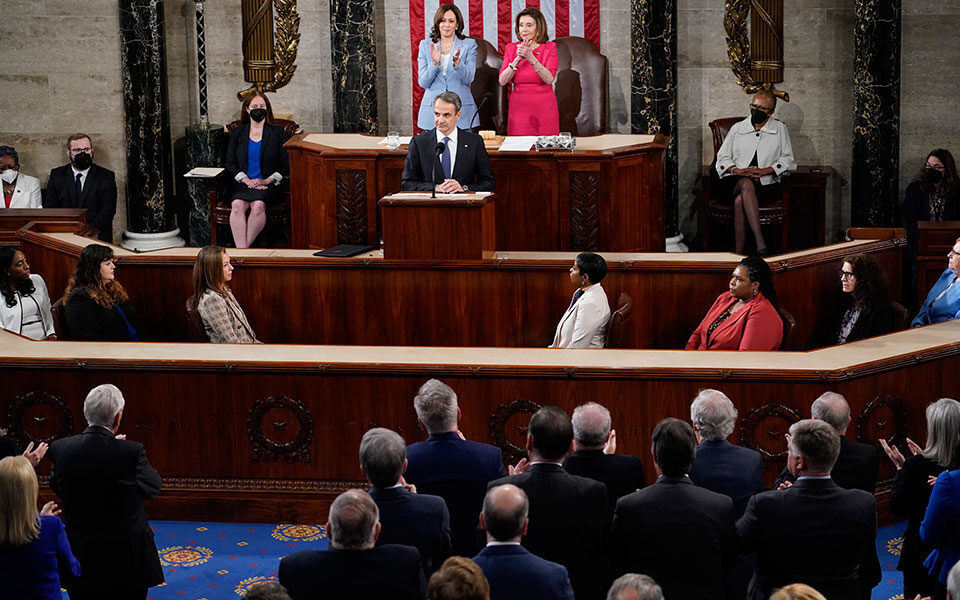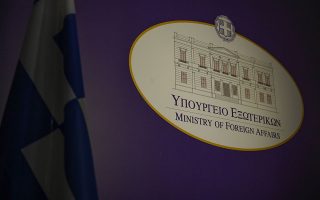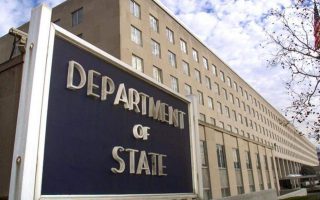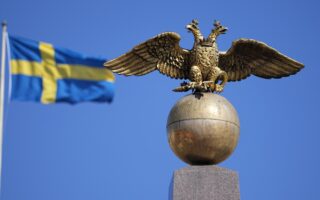Concern about tensions with Turkey
Success of PM’s visit to US inflames Ankara’s ire over Athens’ enhanced role

Greece’s international position and image may have been strengthened with Prime Minister Kyriakos Mitsotakis’ visit to the US last week, but tensions with Turkey have risen in its wake.
Athens is obviously seeking an upgraded regional role in the aftermath of the war in Ukraine, and Washington recognizes its potential as a regional energy hub in Southeastern Europe, while also capitalizing on the newly found strategic importance of the northeastern port of Alexandroupoli. But, the government is greatly concerned with Turkey’s increasingly unpredictable stance, made worse by the fact that President Recep Tayyip Erdogan is entering a long pre-election period, with his prospects of retaining power the shakiest in a long time.
Athens is closely following Turkey’s collision course with the rest of NATO, its escalation of tension in the Aegean and its outbursts of hostile rhetoric.
Although the Turkish Foreign Ministry’s spokesman said late Friday that the overflights were a proportional response to Greece’s own alleged violations, the choice of Alexandroupoli reflected Turkey’s deep annoyance at the port’s enhanced role. The arrival of liquefied natural gas at the port, which will eventually flow to Bulgaria, Romania and other European countries, as well as the use of the Alexandroupoli as a staging post for defense systems on their way to Ukraine, concerns Turkey, as it bypasses the Bosporus straits route.
There were several other things about Mitsotakis’ visit to the US that stuck in Turkey’s craw: among them Greece’s proposed inclusion, not only in the procurement but also production of the advanced F-35 stealth multirole combat aircraft – a program from which Turkey was unceremoniously ousted when it decided to purchase the Russian-made S-400 missile system – and the applause reserved for the Greek PM in Congress when, without once mentioning Turkey, he spoke against the dangers of rising authoritarianism and rejected a two-state solution in Cyprus.
Turkish officials also wondered how a heavily indebted Greece can embark on an ambitious armaments program, reflecting their concerns about upgraded Greek capabilities.





